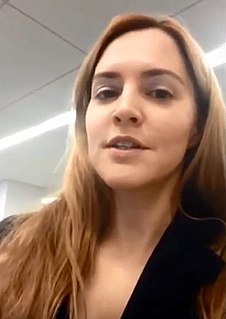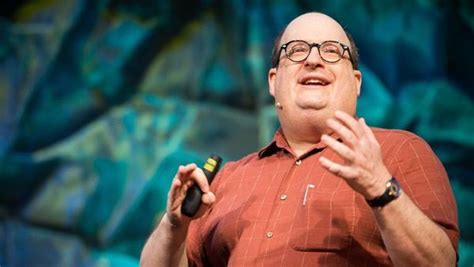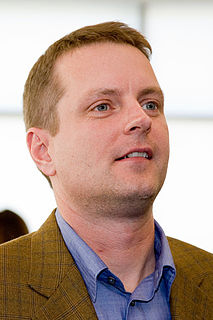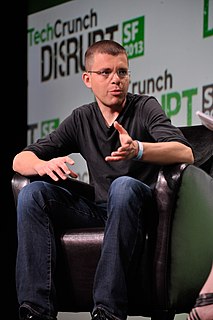Top 33 Flickr Quotes & Sayings
Explore popular Flickr quotes.
Last updated on April 16, 2025.
There was a lot of dialogue between the people who were developing Flickr and their users to get feedback on how they wanted Flickr to develop. That interaction made the initial community very strong, and then that seed was there for new people who joined to make the community experience strong for them, too.
In a world where the 2 billionth photograph has been uploaded to Flickr, which looks like an Eggleston picture! How do you deal with making photographs with the tens of thousands of photographs being uploaded to Facebook every second, how do you manage that? How do you contribute to that? What's the point?
Theres no such thing as Flickr Pro because today, with cameras as pervasive as they are, theres no such thing, really, as professional photographers when theres everything thats professional photographers. Certainly theres varying levels of skills but we didnt want to have a Flickr Pro anymore. We wanted everyone to have professional quality photo space and sharing.
A lot of things have changed since the days of Flickr. Facebook has concentrated the sociality of the Internet within its blue borders, like a Walmart siphoning off the mom-and-pop shops that formerly comprised the Internet's gathering places. Communication, in the age of mobile dominance, has become, of necessity, shorter and snack-sized.
The original interest in making pictures that don't directly depict came around '97 or '98, when I felt there was such an acceleration of images in the world, and that was before Flickr and so on. So I felt a need to slow down how one consumes photographs. With the abstract pictures, I was engaged in trying to find new images, but in practice, it was a bit like throwing a wrench in the spokes. The omnipresence of photography is at a level that it has never been in the history of the world. I feel really curious to now reengage and see what the camera can do for me.
What's been important with Flickr is the community that's been there from the beginning and the serious photographers that are there creating and sharing great content. If we lose that at some point then I think we have potential issues, but so far we've been able to do a really good job of maintaining that.
I remember working with a guy named Andrew Braccia at Yahoo, and Yahoo was the company that bought Flickr. Everyone on his team was hard working and reliable, did what they said they were going to do, on top of everything, and seemed to be operating at this level of productivity and effectiveness that I found difficult to manage to.
The nice thing about twitter is the architecture of visibility. Email is invisible unless you reach out to someone directly. With Twitter, anyone can follow you and this is one of the big changes that was really introduced by Flickr, was this wonderful idea that you can follow somebody without their permission. Recognizing that relationships are asymmetrical, unlike facebook where we have to acknowledge each other otherwise we can’t see each other.


















